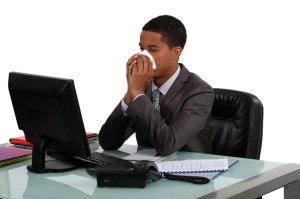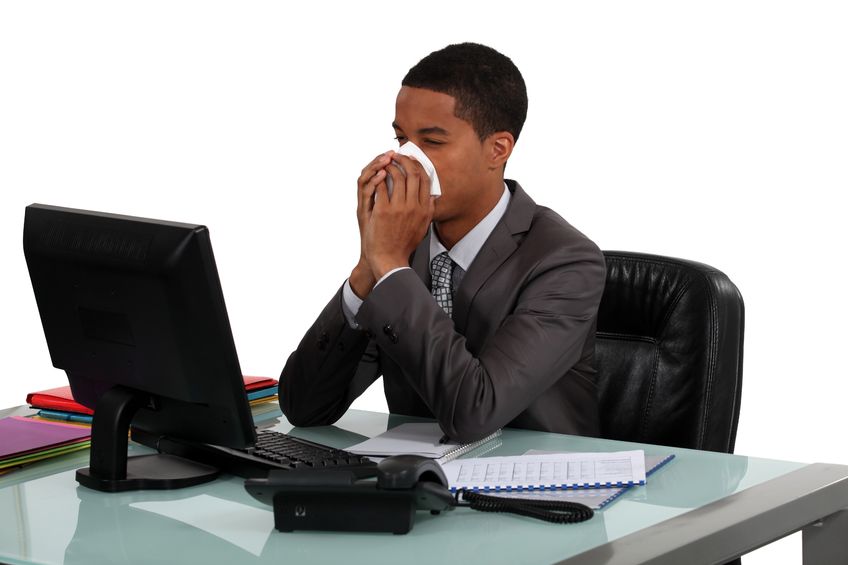 Germs are mounting a full-scale assault on our ever-growing population. Viruses and bacteria are stronger than ever and show no signs of backing down.
Germs are mounting a full-scale assault on our ever-growing population. Viruses and bacteria are stronger than ever and show no signs of backing down.
According to the most recent numbers from the Centers for Disease Control, there were 433 new cases of meningococcal disease, 9,421 new cases of tuberculosis (which affects one-third of the world population), and 51,455 new cases of salmonella in 2014, the latest data set available.
Each year, it is estimated that millions of Americans become sick from food-borne and other gastrointestinal infections, and that tens of thousands die from influenza and pneumonia.
According to the CDC’s “Threat Report 2013,” “at least 2 million people become infected with and at least 23,000 people die from bacteria that are resistant to antibiotics each year in the U.S.” The report contends that these antibiotics have been used on such a large scale and for so long that the organisms, doing what they do best, have adapted and become stronger and more resilient. In some cases, these strains have even become so powerful that NO antibiotics are effective against them.
On a positive note, the CDC’s report also states that the No. 1 way to stop these “super germs” is by preventing the spread of these germs altogether.
Experts say that the top three ways infectious germs can spread is via skin contact with a contaminated surface; inhalation of airborne agents; and the ingestion of contaminated food or liquids, so places of business have an enormous responsibility in this battle.
After all, any place frequented by large groups of people is at a high risk of harboring germs. People carry germs, people spread germs, other people get germs, other people spread germs, and so on.
All places of business should regularly clean floors, bathrooms and all surfaces with proper disinfecting agents, dispose of waste in accordance with EPA regulations, and provide an overall state of cleanliness for their employees and customers. Not only is cleanliness a surefire way to combat the spread of germs, but the law says that employers must do all they can do to ensure that people are free from risks to health.
Do your part by keeping your place of business clean. Why? Because keeping germs in check is beneficial for everyone.

